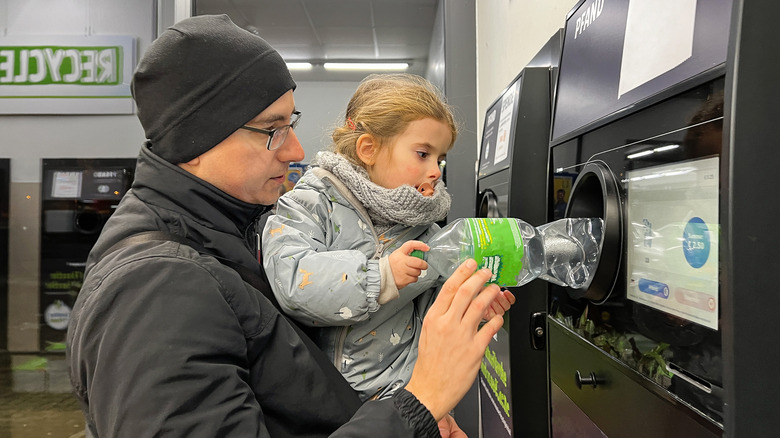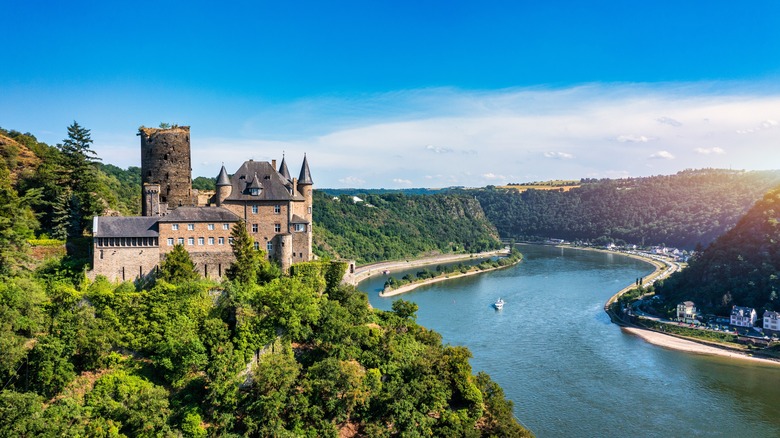Germany is a great place to visit, with must-see fairytale castles, stunning landscapes, and fascinating cities — and yet one of the best things about this country is its approach to recycling. It has created an innovative method to reduce waste and encourage recycling known as the “Pfand system.” This deposit program applies to recyclable receptacles like bottles, so make sure that you never throw one away!
As proper recycling has become a part of German culture, you’ll be frowned upon if you do not play your part. According to figures from Statista, Germany is the European Union’s top recycler of municipal waste, with 69.1% of it being recycled. There is even a German city called Kiel that has been declared as the country’s first zero-waste metropolis. It achieves this by reusing and recycling everything — including human hair, which is used to remove oil from water. If you’re aiming to make your travels more sustainable, then Germany is a great place to embark on a greener trip.
How does the Pfand system work?

With the Pfand system, you pay an extra deposit when you buy glass bottles, plastic bottles, aluminum cans, or bottle crates. The deposit ranges from an extra 8 to 25 cents on top of the price of the beverage, or more for crates. When you’ve finished with the container, you just return it to a Pfandautomat machine in a supermarket. It will print a coupon that you can take to the cashier to get your money back.
To make the system work better, the bottles and cans can be returned to any shop, not just the one that you bought them from. You can also donate your used bottles with the Pfandgeben app, and their collectors will pick them up for you. There are various recycling symbols and words printed on containers to help identify whether it can be recycled, so it may be worth learning some German to understand them. As there are a few types of containers that aren’t included in the Pfand system, like milk cartons and some wine bottles, it is worth checking the containers if you’re not sure. These can still be recycled, but there is no deposit on them so they can go straight into the correct recycling bin. Once you’re comfortable with these recycling rules, you can freely explore this beautiful country safe in the knowledge that you’ll be minimizing your carbon footprint while you travel, and you won’t throw out your bottles.

